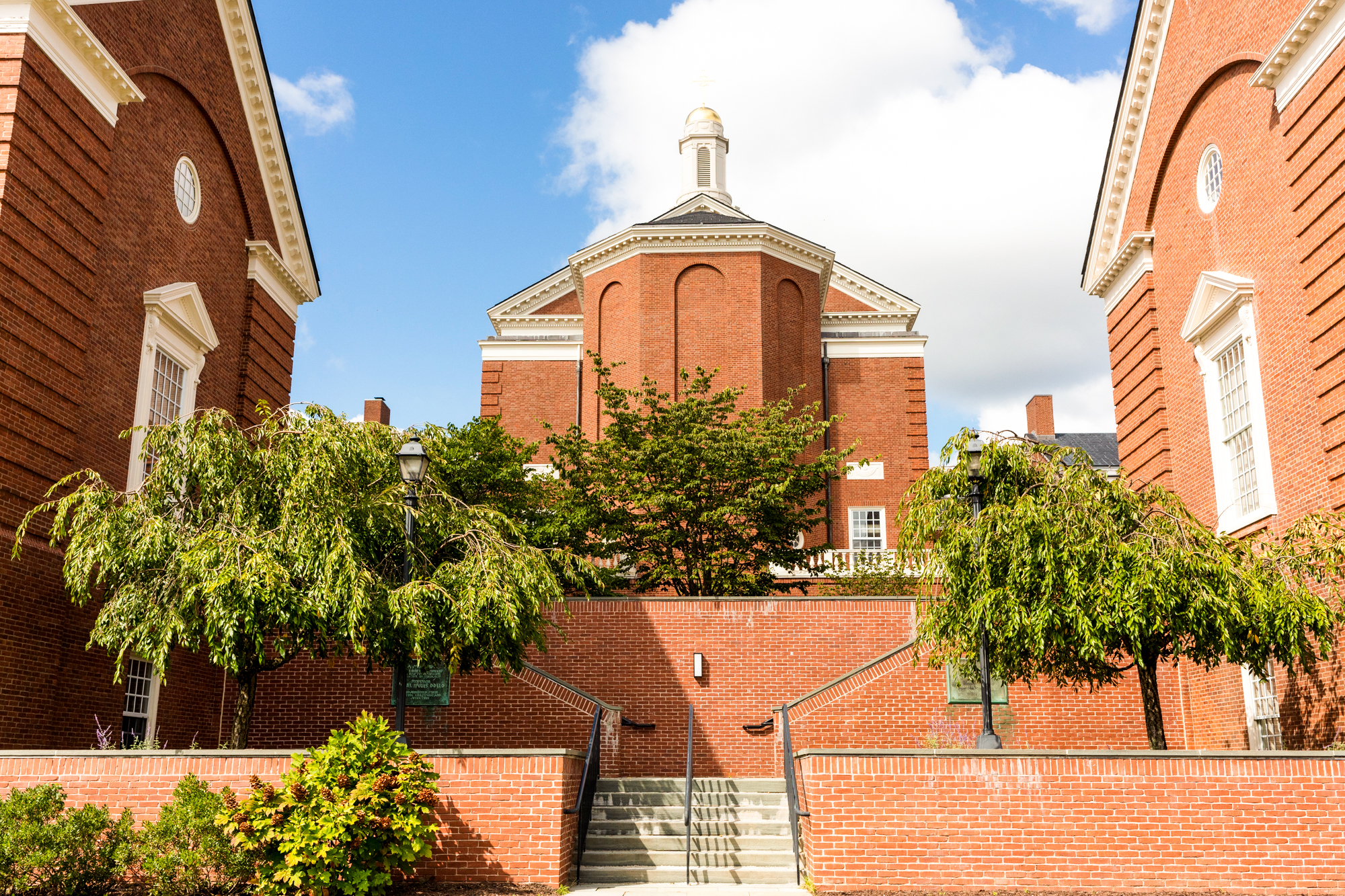
Dawn Kim
This year the Yale Divinity School introduced three new unorthodox academic programs, aiming to expand the its scope of religious study as well as its availability to working ministers.
The new programs include two degree-granting courses — Practical Theology and Theology for Ministry Professionals — and one non-degree-granting program oriented towards local ministers called Ministers in the Vicinity. Each program will accept applications for students to start at the School in 2020. The Ministry Professionals and Ministers in the Vicinity programs will serve those already in the clergy and will work on a more flexible schedule to accommodate those who work full-time, while the Practical Theology course is open to anyone and will be a full-time two-year program.
“We want to make the Divinity School more accessible for practitioners,” said Associate Dean for Ministerial and Professional Leadership William Goettler, noting that both the program for Ministry Professionals and the program for Ministers in the Vicinity are geared towards those already in the religious profession, who cannot take the time off to be divinity students full time.
The move towards studying religious practices is gaining traction throughout the theological field, Goettler added. Many practicing ministers and theologians are looking to extend their education and to continue studying religion in depth, he noted.
Goettler explained that since ministers can often take a sabbatical for a few months, participants in the program for Ministry Professionals will spend a semester studying at the School full-time and then take part in intensive week-long or weekend courses to complete their degree. In the beginning, the program will likely enroll only five to eight students and will hopefully grow from there.
Such a system would be new for the Divinity School, and Goettler emphasized that the process of introducing those programs required many conversations among the School’s administration and faculty. Professor of Pastoral Care and Practical Theology Joyce Mercer added that the development of the courses was a collaborative process that engaged many members of the School.
Unlike the other two, the Practical Theology degree will serve both those who wish to study religion in a scholarly sense and those who plan to go on to practice, according to Mercer. The degree focuses on the study of many disciplines, such as pastoral care, religious education and liturgical studies. Mercer argued that studying “lived religious disciplines” is one of the most effective ways to engage with and understand the theory.
“It’s not just a ‘how to’ degree,” Mercer said.
Mercer added that potential students of Practical Theology could study anything from theological aspects of rock music to how gender relations play out in religious communities. This new program is unique in that it requires students to take at least two courses in gender, race, disability or cultural diversity.
The third new program, Ministers in the Vicinity, will invite practitioners within 50-miles of Yale to take classes at the Divinity School. Participants may take four classes over a two year period, and if they later become full-time students, they can apply those credits toward a post-graduate divinity degree.
“Their presence in the classroom will be enriching for our degree students, and the classes will offer these non-traditional students an opportunity to step back reflectively from the practices in which they are immersed,” Senior Associate Dean of Academic Affairs Jennifer Herdt told the News.
Goettler said that all three programs were “pedagogical experiments.” The school is testing how to best establish new programs, which, although unconventional, will hopefully broaden the range of students and studies, he added.
The Divinity School currently teaches around 400 students.
Jack Tripp | jack.tripp@yale.edu
Clarification, Sept. 23: A previous version of this story stated that the Divinity School has 170 full-time students. The Divinity School has around 400 total students.







